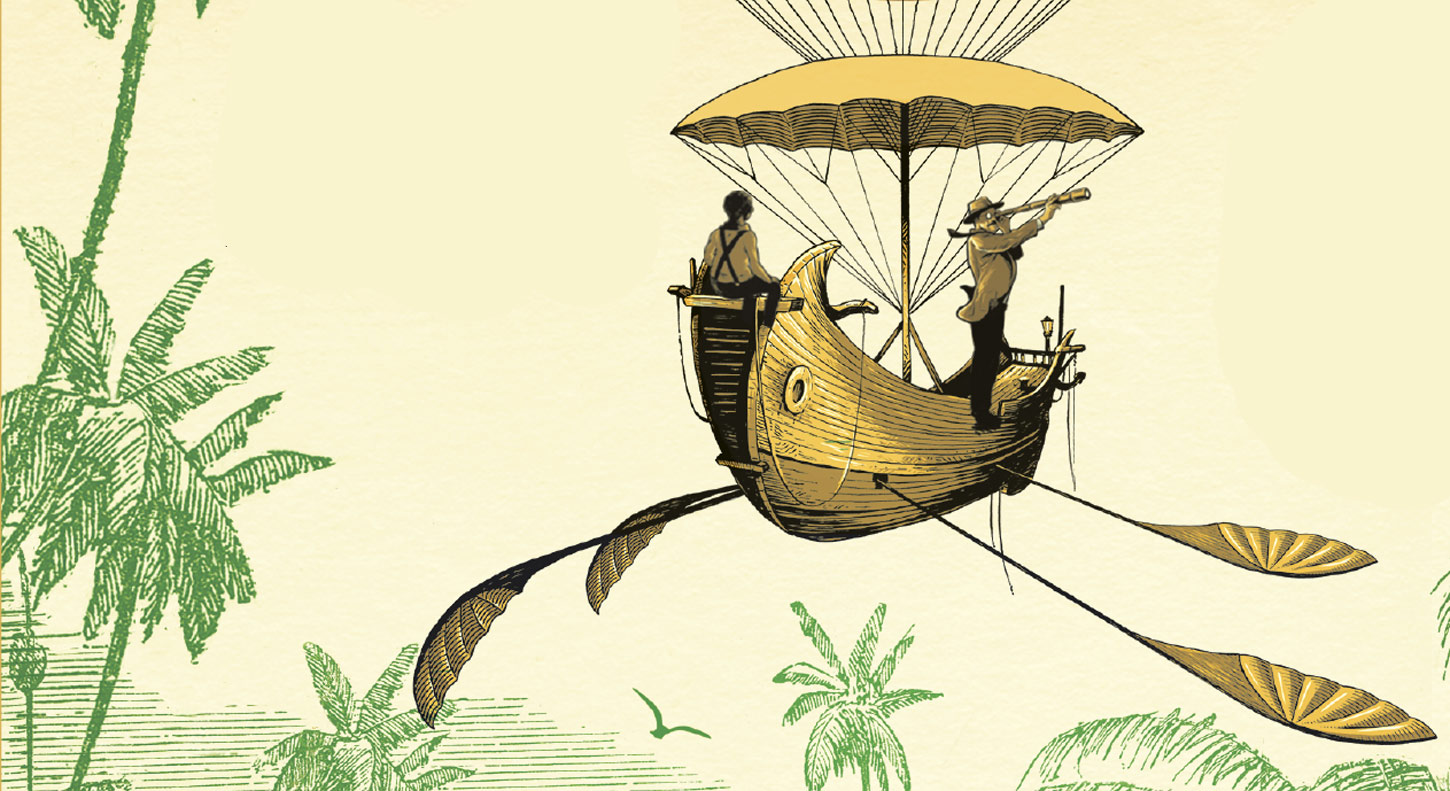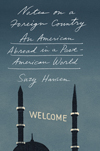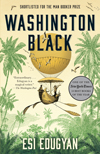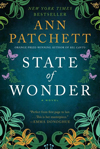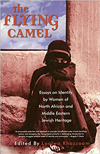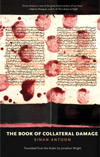If you’re in the Austin area, come join Seeds, parents, counselors and friends as we walk together in support and solidarity of Bridges to Peace, and the mission of Seeds of Peace.
ADDRESS: Pfluger Pedestrian Bridge
DATE: January 19, 2015
TIME: 11 a.m.
LOCATION: Austin
WEBSITE: www.crowdrise.com/AustinBridges2015
CONTACT: Caitlin Golub | caitlin@seedsofpeace.org



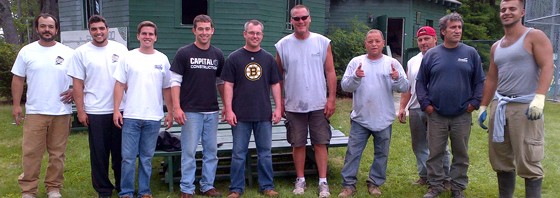
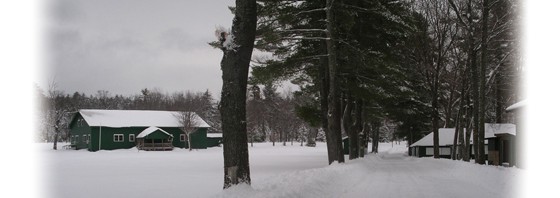


 The season included two sessions, each three weeks long. By the end of August, Seeds of Peace had empowered 332 young people to be peacemakers from some of the most troubled areas in the world.
The season included two sessions, each three weeks long. By the end of August, Seeds of Peace had empowered 332 young people to be peacemakers from some of the most troubled areas in the world. During the program, young teens from India and Pakistan collaborated to develop and implement their own social ventures aimed at generating progressive change in their home communities.
During the program, young teens from India and Pakistan collaborated to develop and implement their own social ventures aimed at generating progressive change in their home communities. This was the Seventh Annual ‘Play for Peace’ basketball clinic. During the event, players worked with campers on basketball fundamentals and teamwork drills that help them understand the value of cooperation, In return, the players got an up-close and personal view of the nature of conflict, challenges to peace in the Middle East, and the possibility for lasting coexistence. The campers were thrilled and grateful for the opportunity to interact and learn from leaders in the world of professional sports.
This was the Seventh Annual ‘Play for Peace’ basketball clinic. During the event, players worked with campers on basketball fundamentals and teamwork drills that help them understand the value of cooperation, In return, the players got an up-close and personal view of the nature of conflict, challenges to peace in the Middle East, and the possibility for lasting coexistence. The campers were thrilled and grateful for the opportunity to interact and learn from leaders in the world of professional sports. After the end of their camp session in July, the delegation of Indian and Pakistani Seeds traveled to Washington, D.C., to discuss the issues facing both countries and the possibility of peace. Their trip included a reception at the Department of State where they were welcomed by Deputy Secretary of State John Negroponte and Assistant Secretary Richard Boucher.
After the end of their camp session in July, the delegation of Indian and Pakistani Seeds traveled to Washington, D.C., to discuss the issues facing both countries and the possibility of peace. Their trip included a reception at the Department of State where they were welcomed by Deputy Secretary of State John Negroponte and Assistant Secretary Richard Boucher. Recently, more than 140 Israeli and Palestinian Seeds from the 2008 camp experience met for a day of follow up programs at Neve Shalom/Wahat al-Salam, a community of Jewish and Arab Israelis. It was their first reunion since leaving camp in Maine. They shared their experiences upon returning home and planned, along with the regional Seeds of Peace staff, how to move ahead as peacemakers.
Recently, more than 140 Israeli and Palestinian Seeds from the 2008 camp experience met for a day of follow up programs at Neve Shalom/Wahat al-Salam, a community of Jewish and Arab Israelis. It was their first reunion since leaving camp in Maine. They shared their experiences upon returning home and planned, along with the regional Seeds of Peace staff, how to move ahead as peacemakers.
